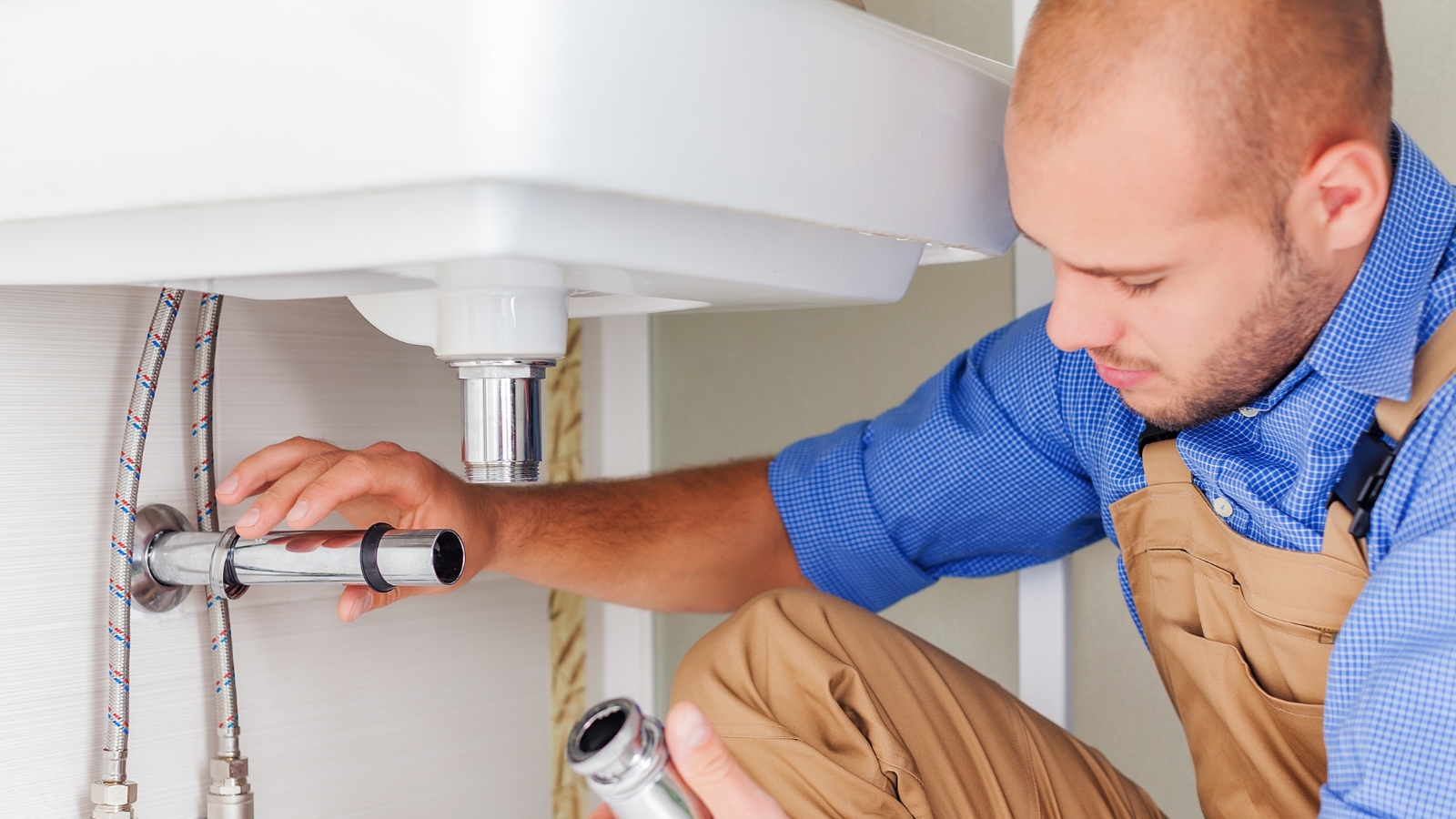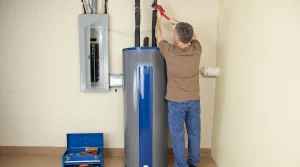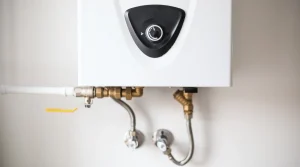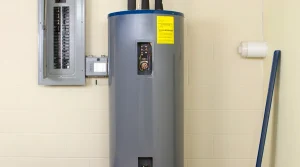It’s essential to maintain your plumbing system to make sure its longevity and efficient operation. Plumbing maintenance involves regular checks and care to prevent leaks, clogs, and other potential problems that could lead to costly repairs. Proper maintenance not only helps you avoid unanticipated plumbing crises, but it also prolongs the life of your system, ultimately saving you time and money.
This guide covers common plumbing problems, how to identify them, and DIY troubleshooting techniques. It includes a comprehensive DIY guide to 15 common plumbing issues, along with safety precautions and advice on when to call a professional. For nearly twenty years, Reliable Plumbing Service in Clifton, New Jersey, has been serving local homeowners with a range of plumbing needs. From repairs and emergencies to clogged drains, water heater issues, and sewer line cleaning, BJC Clifton Plumbers is here to assist you!
Seasonal Plumbing Maintenance Tips for Your Home
Every season brings its own set of challenges for your plumbing system. By addressing these seasonal needs, you can ensure that your plumbing remains in top condition year-round. Here are some essential seasonal plumbing maintenance tips:
Winter Pipe Protection
Your plumbing system may be especially hard hit during the winter. Cold temperatures increase the risk of frozen and broken pipes, which may result in serious water damage. To protect your pipes during winter:
- Insulate Pipes: Use pipe insulation or foam sleeves to protect pipes in unheated areas like basements, attics, and crawl spaces.
- Keep the Heat On: Maintain a consistent temperature in your home, even if you’re away. Set your thermostat to at least 55°F to prevent pipes from freezing.
- Open Cabinet Doors: In areas with plumbing, such as kitchen and bathroom sinks, keep Open cabinet doors to let warm air flow through the pipes.
- Drip Faucets: Allow a small stream of water to drip from faucets to prevent pressure build-up in the pipes.
Spring Cleaning
Spring is the perfect time to address any plumbing issues that may have developed over the winter. Conduct a thorough check-up with these tips:
- Inspect Hoses and Faucets: Look for signs of leaks or corrosion on garden hoses and outdoor faucets. Replace any damaged hoses and make sure faucets are functioning properly.
- Clean Drainage Systems: To prevent clogs, remove debris from your drains and clean out the traps. Think about employing natural solutions like baking soda and drain cleaners.
- vinegar.
- Check for Leaks: Inspect all visible pipes and connections for leaks. Address any issues promptly to prevent water damage and mold growth.
Summer Preparation
Summer can bring plumbing concerns, particularly with increased water usage and outdoor activities. Prepare your plumbing system with these tips:
- Test Your Sprinklers: Ensure that your sprinkler system is working properly and that there are no leaks. Adjust the sprinklers to avoid overwatering your garden.
- Inspect the Water Heater: Examine the following in your water heater any signs of leaks or corrosion. Try cleaning the tank to get rid of any sediment accumulation that can affect performance.
- Maintain Sewer Lines: Regularly inspect and clean your sewer lines to prevent backups, especially if you have a septic system.
Fall Prep
As temperatures begin to drop, preparing your plumbing system for the colder months ahead is important. Follow these steps:
Winterize Outdoor Faucets: Put on faucet covers, disconnect and empty garden hoses, and protect outdoor spigots from freezing temperatures.
Inspect Roof and Gutters: Clean your downspouts and gutters to guarantee appropriate water drainage away from your house. Look for any indications of harm or Check for any signs of damage or blockages.
Check Sump Pump: Test your pump to ensure it works correctly, especially if you reside in a region where flooding or strong rains are common.
When to Call a Plumber
Although a lot of plumbing repair may be done independently, some issues require the expertise of a professional plumber. If you encounter any of the following situations, it’s time to call in the experts:
- Persistent leaks or dripping faucets
- Low water pressure or no hot water
- Frequent clogs despite regular cleaning
- Strange noises from pipes or water heater
- Major plumbing emergencies or suspected pipe damage
A licensed plumber can efficiently diagnose and address complex problems, ensuring that your plumbing system remains in optimal condition.
Conclusion
Seasonal plumbing maintenance is key to keeping your home’s system running smoothly and avoiding costly repairs. By being proactive and adhering to these suggestions, you can protect your pipes, prevent common issues, and ensure your plumbing remains reliable throughout the year. Remember, when in doubt, don’t hesitate to seek professional help. A well-maintained plumbing system enhances your comfort and adds value to your home. Keep your plumbing in top shape and enjoy peace of mind, knowing your system is prepared for every season.




